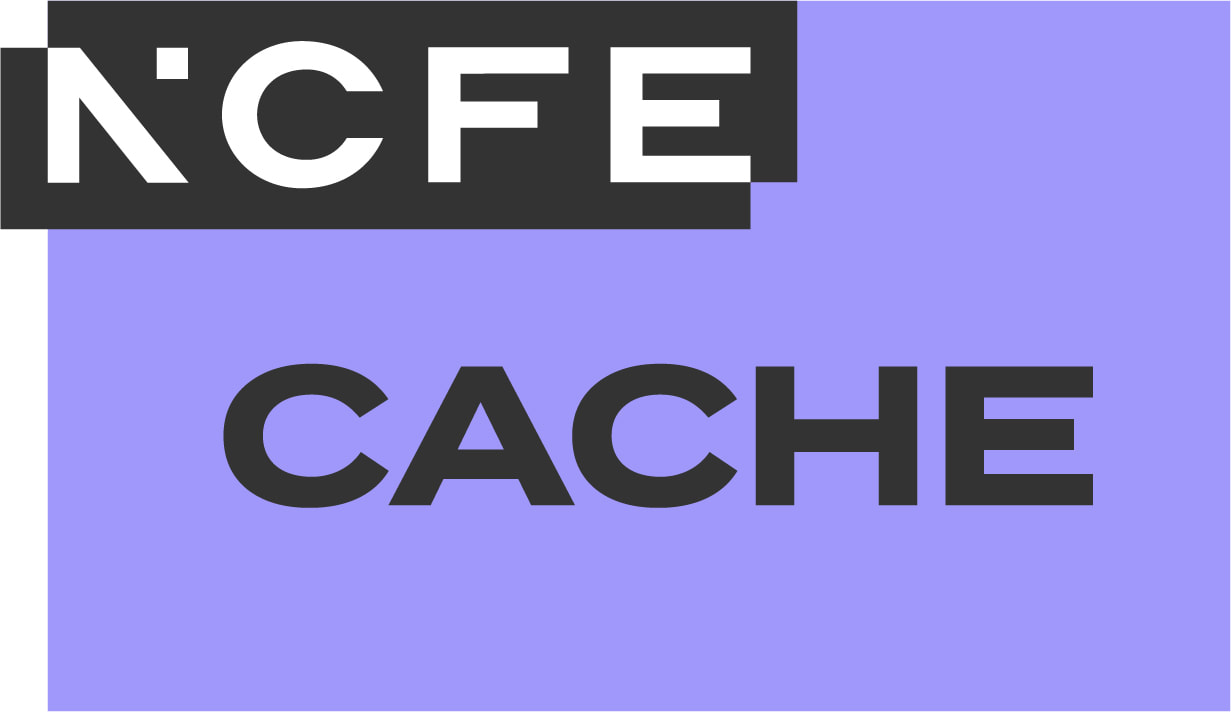- Teaching Assistants
- >
- Level 3 Diploma in Forest School Practice in Children’s and Young People’s Settings (7-16 years) (CACHE Accredited)
Level 3 Diploma in Forest School Practice in Children’s and Young People’s Settings (7-16 years) (CACHE Accredited)
SKU:
£480.00
80
480
£80.00 - £480.00
Unavailable
per item







